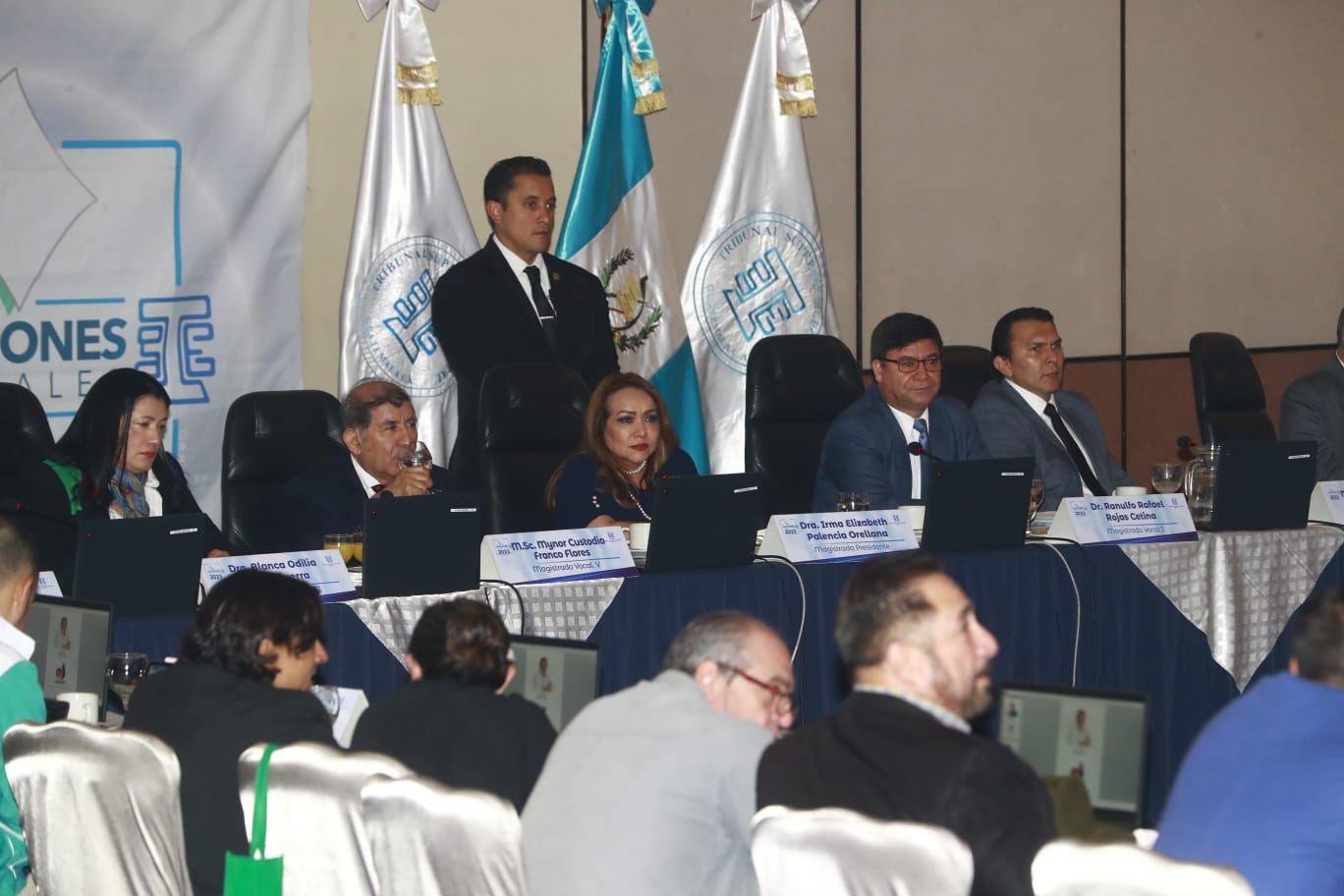Global Courant 2023-05-05 16:00:57
No one wants to assume the TSE’s IT Department. This electoral unit is in charge of ensuring that the data on the preliminary results of the voting arrives correctly, however, this vacuum in the leadership could raise doubts, at the discretion of experts consulted.
It is not the first time that the current TSE judiciary has technological problems. When the electoral process began, its computer system was insufficient to respond to the hundreds of registration requests from aspiring candidates. Then there was a delay in the delivery of credentials to the candidates and doubts about the capacity of the TSE returned.
Now, 51 days after the voting event, the TSE explains that it was unable to hire an IT director, so the responsibility falls on the deputy director.
“The engineer Jorge Santos has assumed that role, and although he was the deputy director before the person – director – resigned, he has assumed the duties of the director and we have no problem in this regard,” declared Irma Palencia, president of the TSE.
As the president explained, Santos has not been appointed as director because “there are some very specific requirements, we were also looking for a person to replace the person who retired, but we cannot include just anyone in such a large position.” .
But the record of 2019, which led to the then director and deputy director of information technology being imprisoned on charges of breach of duty and destruction of computer records, five days before the second round of elections, is another factor that apparently works against getting Someone responsible for the Court’s computer system.
“There are many people who, even if they qualified, the position is not so attractive, so what we are working on,” insisted Palencia. “Ultimately we decided to stay as we were,” she added.
Mistrust and risks
Not having the director of Information Technology within the TSE is a serious matter, at least that is the view of Oswaldo Samayoa, a lawyer and analyst on legal issues.
“It is normal that no one wants to take office, but that normality is broken when the TSE gives absolute support to the work, and it is not going to subject that person to external pressures and interests that are not exclusively those of democracy,” said Samayoa.
Leaving this gap in a key position for the electoral event, points out the analyst, will add to the doubts that already exist about the work and independence of the TSE magistrates.
“If nobody wants to assume that direction, it is because that person is not being given adequate support, and they may be being interfered with so that they manipulate the system, then nobody wants to be in that position,” he added.
For Marvin Flores, an analyst at Acción Ciudadana, in addition to the suspicions and distrust that the TSE could gain if it is left without a director, not having this figure could divert any legal responsibility, in the event that the computer system fails in the elections.
“It does have a legal implication, but more for the parties. If you want to denounce it, or if some technological anomaly is detected, there is no one to accuse, except the plenary of the TSE,” Flores explained.
The analyst considers that leaving this position vacant within the TSE in the electoral period “in the first instance reflects one more element of improvisation of the TSE, in this case of human resources.”
Request appointment
The Electoral Observation Mission of Guatemala (MOE-GT) explained that it is necessary for the TSE to appoint a director of information technology to guarantee the confidence that the electoral event needs.
“The current interim should be confirmed as director, so that there is no vacuum in that position. In turn, this will allow the person to exercise this important position with the corresponding authority and responsibility,” said the Mission.
The first event that depends on technology in the current electoral process is the simulation for the Transmission of Preliminary Results (Trep), which will be held without the IT area having a headline.
This rehearsal is scheduled for next Thursday, May 11, in a place still to be defined.
Pedro Cruz, president of Primero Guatemala, an organization that oversees the electoral event, explained that they were not invited to the drill, and stressed that at this point there is still room for errors and the time necessary to correct them.
“The TSE has to show confidence and transparency with the trial, above all transparency. The system can fail, it can make mistakes and it’s not perfect, but it’s better to fail a test than on Election Day,” he said.
Both the analysts and supervisory organizations as well as the MOE-GT consider it necessary for the Court to appoint a computer director to avoid doubts that put the legitimacy of the voting at risk.








